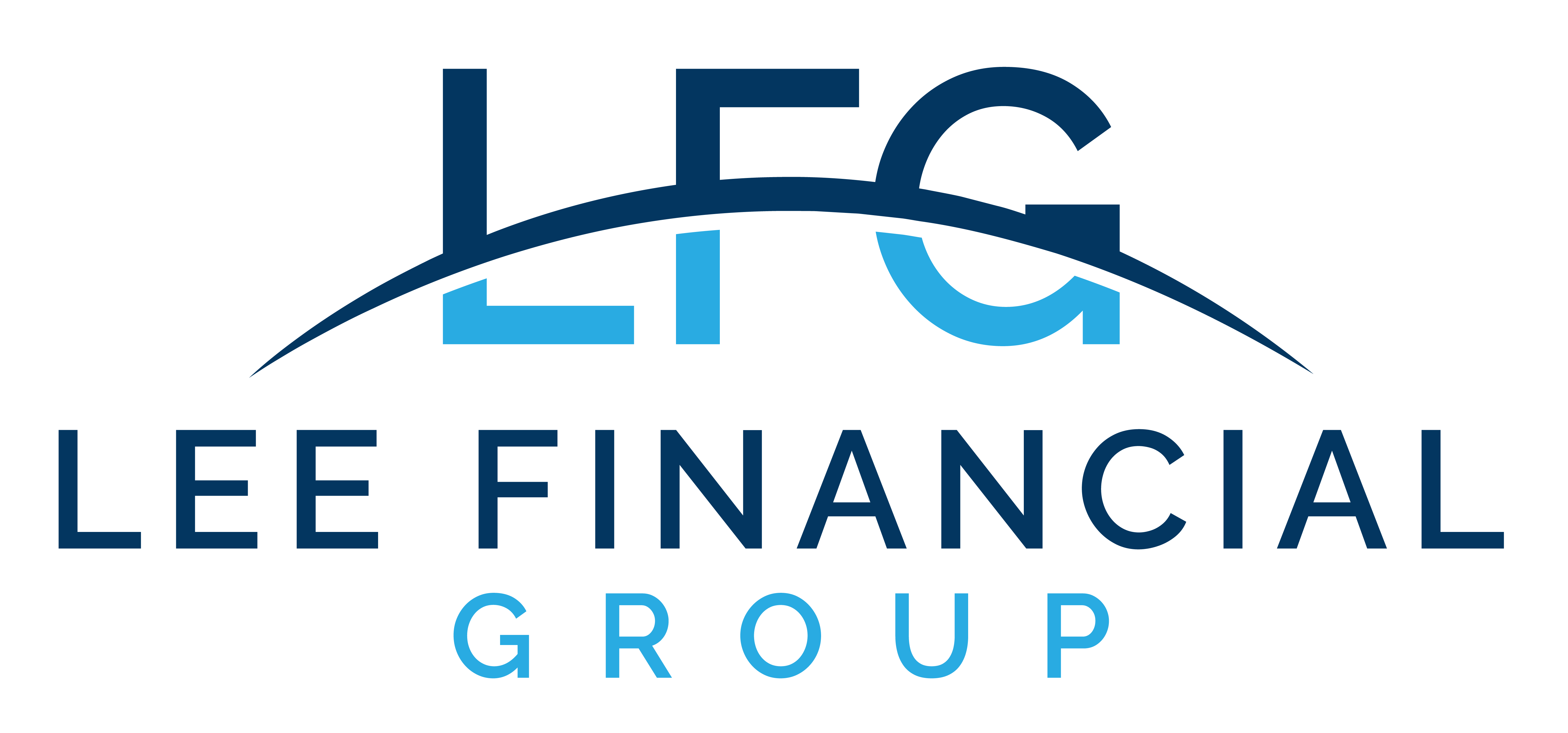The lead-up to summer is a great time for all sorts of improvement and maintenance projects, from losing a few pounds and getting in shape to hiring contractors or tackling DIY projects. There’s a lot of planning, organizing, and work involved, but the goal of it all is to spend the lazy days of summer enjoying the fruits of the labor you put in now.
Your money is no different. The mid-point of the year is a great time to identify ways to keep your financial plan moving smoothly forward toward all your goals. It’s also important to be sure that the extra outlay of funds for summer projects and vacations is planned and accounted for, so you don’t end up getting off track.
Start by Taking Stock of Your Financial Situation at the Mid-Point
The first step is to take a look at cash flows and make sure money is flowing where it’s supposed to. Are you contributing enough to your 401(k) or other tax-advantaged retirement plan? Take a minute to do the math and be sure you have enough coming out to meet your goals. How much you contribute depends on where you are in your financial journey, your salary level, and your age.
- Early career – try to contribute 15% of your pre-tax salary to your retirement plan. If 15% is a stretch, contribute as much as possible but at the very least, be sure you are contributing enough to qualify for any employer-matching amounts.
- Mid-late career – the maximum contribution amount in 2024 is $23,000 for those under 50. Ages 50+ are allowed an additional $7,500 catch-up contribution.
Setting up a schedule of contributions that even them out throughout the year can help you smooth out the impact of market volatility. This is called “dollar-cost averaging.” Taking a quick look at your paycheck will tell you how close you are to your goal, and if you need to increase or decrease the amount that is being taken out of each paycheck.
Next, look at your budget. Are you covering your expenses every month? Are you on track with savings goals? If you are not, summer can be a good time to get caught up as lifestyle needs change with the longer days and better weather, and being active outside or staying home and cooking farm-fresh food can replace more expensive options.
Create a Budget-in-a-Budget
Summer fun can easily become more expensive than you thought. Creating a master plan is a great way to get a handle on expenses. It’s also a terrific family activity that can allow everyone to have input and build a sense of anticipation.
Balancing expensive activities like travel, vacations, theme park visits, etc. with free or low-cost activities can be a good way to keep expenditures under control. Summer means fairs, parades, outdoor movie nights, visits to National Parks, and a host of other events.
Setting up a monthly or weekly budget devoted to summer activities, and sticking to it, is one way to keep one-off spending to a minimum. If you are planning on taking a trip, be sure to include a budget for fun, and don’t let the vacation vibes overpower your resistance. Having a number you can spend in mind, or even putting funds into a separate account with a debit card for vacation expenses, can keep your spending under control.
Think Ahead to Fall – and Beyond
The quieter days of summer can provide an opportunity to get on top of future planning. Take some time to sort through the big things you’ll face in the fall – back to school, end-of-year planning, the onset of winter. What do you need to do to be ready? Making lists and getting organized can put you a step ahead when September rolls around.
Have you thought about your long-term goals recently? Have they changed? The big-picture thinking can be difficult to focus on when work and life commitments are in full swing. Take some time to think about yourself, your career, and your family.
What would you change? What is the most pressing goal? What is the most meaningful?
Thinking ahead to the next step can help you gain perspective. Are you happy in your career? How would you make a change? For some people this means education spending so you can create more opportunities. For others, taking a sabbatical or transitioning into a job that requires less commitment is the right move. And for many people, the goal is to start their own business.
If retirement is the biggest thing on your horizon, break down what your retirement will look like. Will you work at a more fulfilling job, or volunteer? Where will you live?
Once you have some insight into what your true goals are, take a look at your financial plan and see if it matches them. This could entail saving more, changing budgets, or restructuring debt or investments.
The Bottom Line
Summer is fleeting, and enjoying and making memories are the top priority. But don’t lose sight of the goals you’ve set for the rest of the year.






What a Weaker Dollar Means for Your Investments